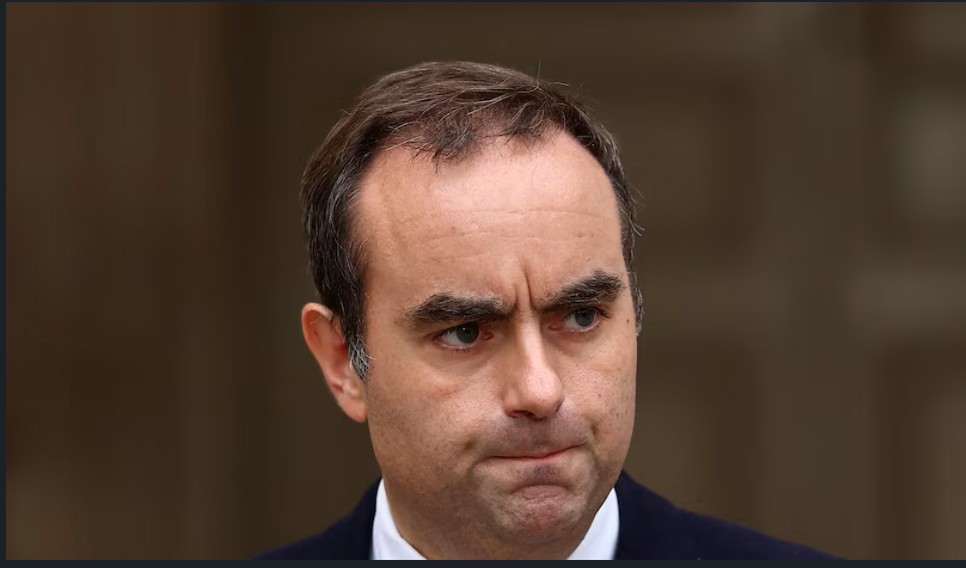Kathmandu – In a stunning political development, French Prime Minister Sebastien Le Cornu has resigned just 12 hours after announcing his new cabinet, plunging the nation into a deeper political crisis.
Le Cornu, 39, tendered his resignation on October 6, a mere 26 days after taking office on September 9. President Emmanuel Macron has accepted the resignation. The sudden departure makes Le Cornu the fourth prime minister in 13 months and the fifth since Macron began his second term in 2022.
Cabinet Reshuffle Sparks Outcry
Le Cornu, a close ally of President Macron, had announced his new council of ministers on Sunday evening. However, the cabinet reshuffle was met with immediate and widespread criticism from across the political spectrum, reportedly leading to his swift resignation.
The main point of contention was the appointment of Bruno Le Maire, Macron’s finance minister for seven years, as the new Defence Minister. Political parties were reportedly frustrated that the cabinet contained few significant changes, despite Le Cornu’s promise of a “new start.”
Opposition Demands Macron’s Resignation and New Elections
The resignation has intensified the political deadlock in France, which stems from the lack of a clear parliamentary majority since the 2024 general election. The parliament is currently split among the Left, the far-Right, and Macron’s centrist coalition.
Far-right leader Marine Le Pen and other opposition figures are now demanding new parliamentary elections to form a stable government. Le Pen suggested it would be “wise” for President Macron himself to resign, although Macron has previously stated he will not step down before the 2027 presidential election. Le Pen’s National Rally party and the left-wing La France Insoumise have both called for a fresh electoral mandate.
Why the Constant Turnover?
The frequent changes in the French premiership are a direct result of the 2024 general election, which left the National Assembly deeply fragmented. With no single party or coalition holding an absolute majority, passing key legislation, particularly the vital budget aimed at reducing government spending and controlling the deficit, has become nearly impossible.
This was the central challenge given to Le Cornu, a task his two predecessors, Francois Bayrou and Michel Barnier, also failed to accomplish.
Macron’s Three Difficult Options
President Macron now faces a difficult set of choices, none of which guarantees stability:
- Choosing a New Prime Minister: Selecting a leader from his own camp is challenging. Choosing a leftist could jeopardize key policies like pension reform, while selecting a far-right figure could alienate centrist allies. Some experts suggest appointing a ‘technocrat’ to rise above political infighting.
- Calling a Snap Election: Polls suggest a new election is likely to produce the same divided parliament, or even worse, could result in a victory for the far-right, which would be a major political defeat for Macron.
- Resigning: Macron has repeatedly dismissed this option, vowing to serve out his term until the 2027 presidential election.
The next political move by the President will determine the immediate future of France, as the possibility of Marine Le Pen coming to power continues to rise.




















FACEBOOK COMMENTS